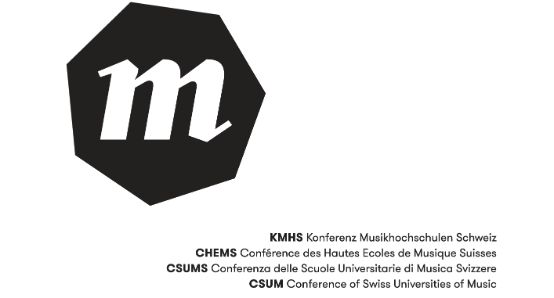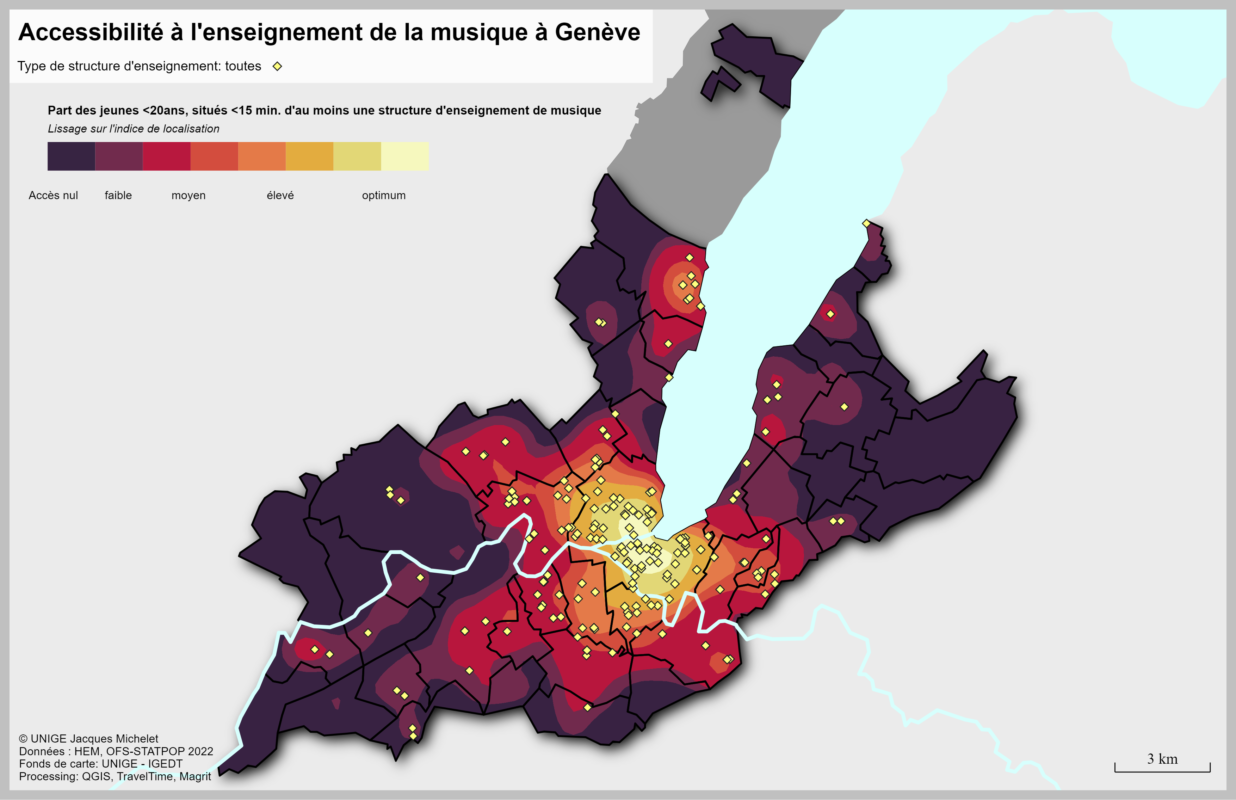On the necessity of art for peace

The Conference of Swiss Music Academies supports efforts to restore peace in Europe, and positions itself as to how it can contribute.
Antoine Gilliéron - The war that has been raging in Ukraine since the end of February has touched the hearts of our country's HEMs, as well as calling into question the universalist, and sometimes political, vocations of culture and educational institutions. How can we contribute to peace today, perhaps even more than in normal times, as tertiary music teaching institutions?
The eight music academies that make up the CHEMS have taken a firm stance against the war in Ukraine (see Weiterführende Informationen) and, while clearly distinguishing between individuals and the political regime, support the measures aimed at cutting ties with artists representing the current Russian political power, as well as questioning or even interrupting current cooperation with Russian universities and conservatories that publicly displayed their support for the war at the beginning of March, which is profoundly incompatible with the values defended by the conference. With its strong commitment to pacifism, to bringing people together through music, and to the principles of non-discrimination, solidarity and tolerance, CHEMS affirms its willingness to welcome Ukrainian artists fleeing their country, as well as Russian and Belarussian musicians, to its faculty and student body, even when these people are not in a position to publicly express their disapproval of the military invasion. Thus, it is crucial for the conference to emphasize the need to differentiate between individuals and regimes, to highlight the freedom of art and research, and the importance of maintaining travel opportunities and visas for all people with a nationality that is concerned in one way or another by this war. The conference also takes a concerned look at attempts to cancel culture, and with all its might reject attempts to remove from programs the masterpieces of Russian music that also make up our exceptionally rich musical heritage.
So, from the history of music to that of Russian instrumental schools, via the partnerships and historical relationships our schools have with Russia, Belarus and Ukraine, we take a broader look at the cultural relations that unite these countries with our own. Beyond this perspective, the initiatives put in place to improve the situation within our schools and more widely on the international stage are flourishing. These include peace concerts, fund-raising for charities and self-help groups, using the soft power of culture to show our support for Ukraine through various communications channels, and mobilizing to help students at our schools (financially and psychologically), as well as to welcome Ukrainian students who are far from home.In addition to sending a message of solidarity to the community affected by this war, and of unity towards all, the Swiss Colleges of Music are also making a major contribution to highlighting the need for art to achieve the precious collective construction that is peace.








